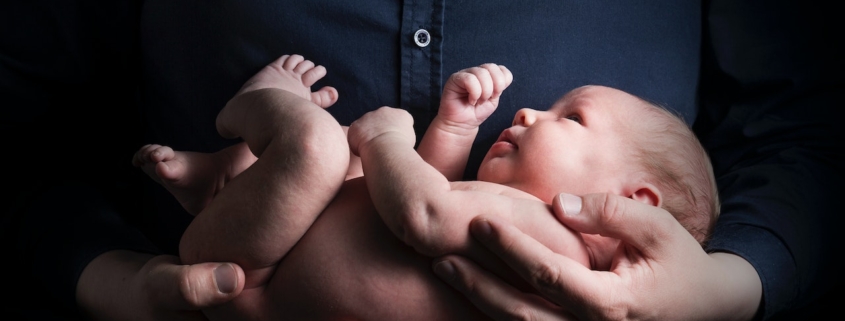Pro-choicers’ persistent infant problem: now in the New York Times

On January 2, The New York Times ran a front page article called “When Does Life Start? A Post-Roe Conundrum,” and on January 14, the Times published reader responses. The first response was from Richard Ambron, a professor of cell biology with Columbia University. Below is his opinion interspersed with my commentary.
When during gestation does an embryo become a human? This question has baffled philosophers and theologians largely because they do not understand the workings of the nervous system and the brain.
Ambron assumes his definitions of personhood (which we will see shortly) are uncontroversial, and disagreements stem from lack of knowledge/understanding of neurology, not from objections to his concepts of personhood and their implications. So how is Ambron defining persons?
Two attributes are widely accepted as criteria to be considered human. First is an awareness through our senses that we exist and that we exist within a world of objects. Second is the ability of the brain to use the information from our senses to create ideas and make predictions about how to best survive in that world.
Note the passive voice. Two attributes are “widely accepted”…by whom? And why does Ambron assume that people who value these attributes value them only as present capabilities, rather than abilities that develop over months, years, or a lifetime?
[See the related TikTok – Thalamocortical connections and the NICU]
But here’s the bigger problem:
When during embryonic development do these activities emerge? The heartbeat becomes audible on a Doppler fetal monitor at about the 10th week of gestation, movements begin sometime after the 15th week, but the brain and most of the sensory systems develop later.
Each sensation requires the formation of millions of interconnecting neuronal circuits in the cerebral hemispheres that reach critical points of development between the 24th and the 28th week of gestation. Around that time, rhythmic brain waves resembling those of a newborn can be detected, indicating that neuronal circuits in the brain are highly integrated.
What this tells us is that a fetus cannot perceive most sensations, the first attribute of being human, until at least six months after fertilization.
Six months into pregnancy would be at least 24 weeks (and closer to 27 if you calculate 4.2 weeks per month). We are increasingly seeing premature infants as young as 22 weeks survive the NICU and return home. By Ambron’s definitions, for the first couple weeks after birth these very premature infants aren’t actually humans. Seems implausible.
Similarly:
The ability to formulate ideas, the second attribute of humans, probably does not occur until after birth when the newborn’s brain begins to correlate all of the sensations into a coherent experience of its surroundings.
Whether he intends to or not (hopefully not), Ambron implies that if we emphasize this “second attribute of humans,” then even newborns aren’t fully human yet. But this implication seems absurd.
[Read more – Pro-Choicers’ Persistent Infant Problem: A Reply to Boonin, Pro-Choicers’ Persistent Infant Problem, Part 2: A Reply to DeGrazia and especially Personhood based on human cognitive abilities]
Perhaps philosophers and theologians continue to be baffled about “when life begins” not because they lack knowledge of neurology, but because they resist worldviews that end up defending infanticide.




Leave a Reply
Want to join the discussion?Feel free to contribute!